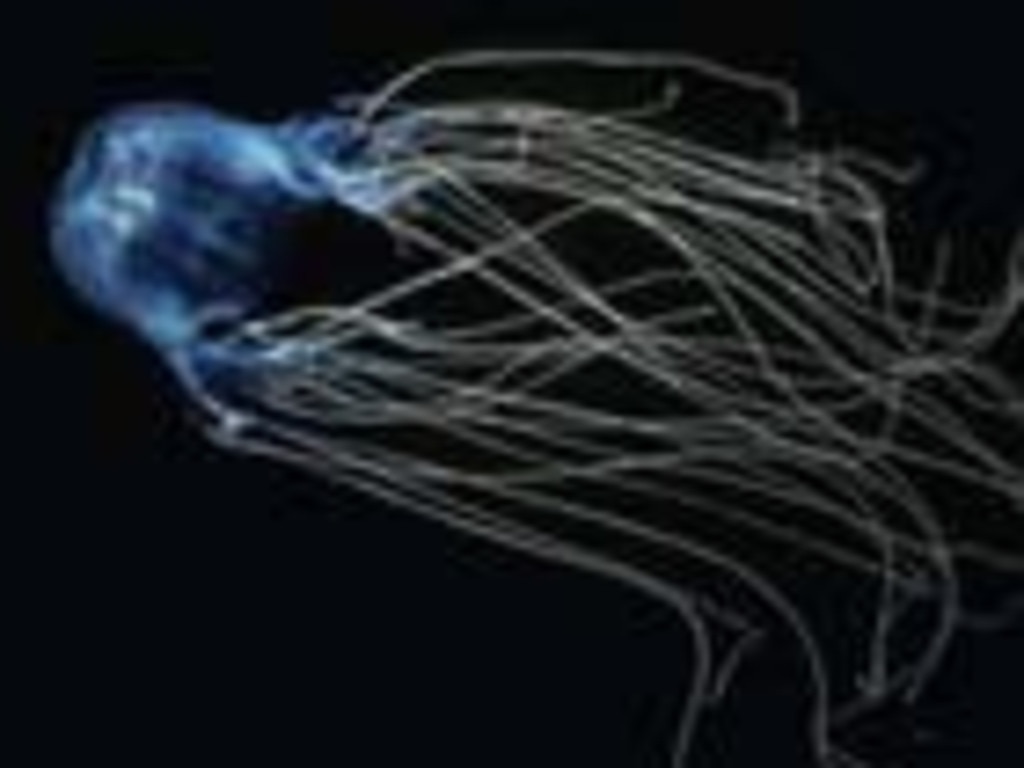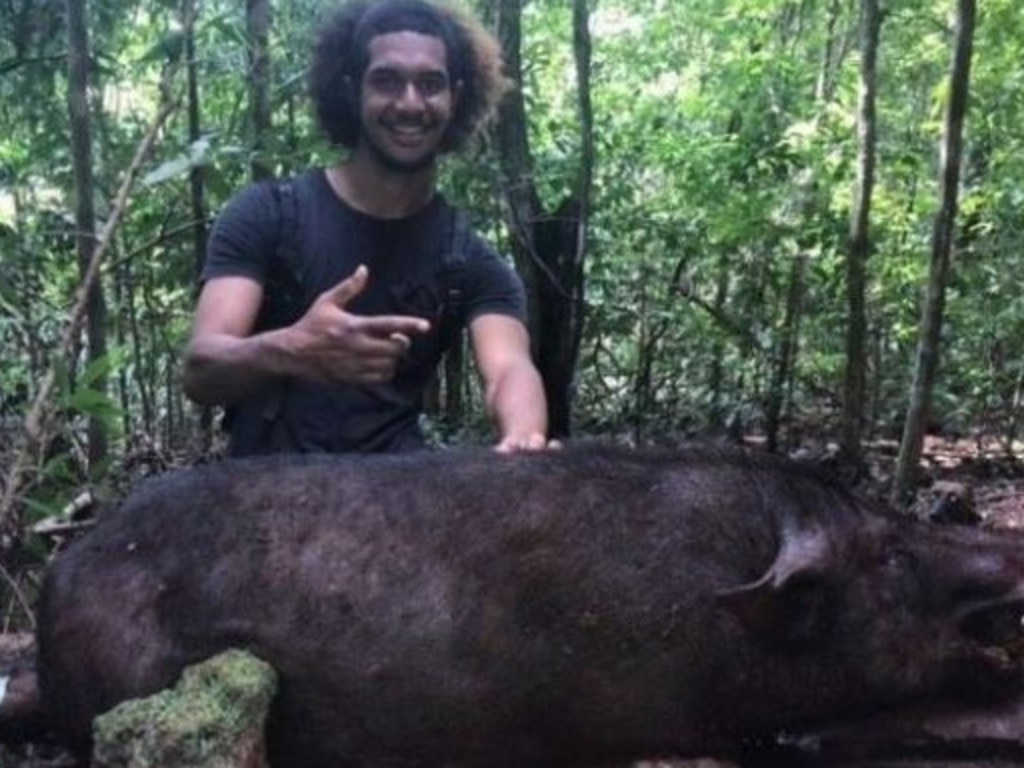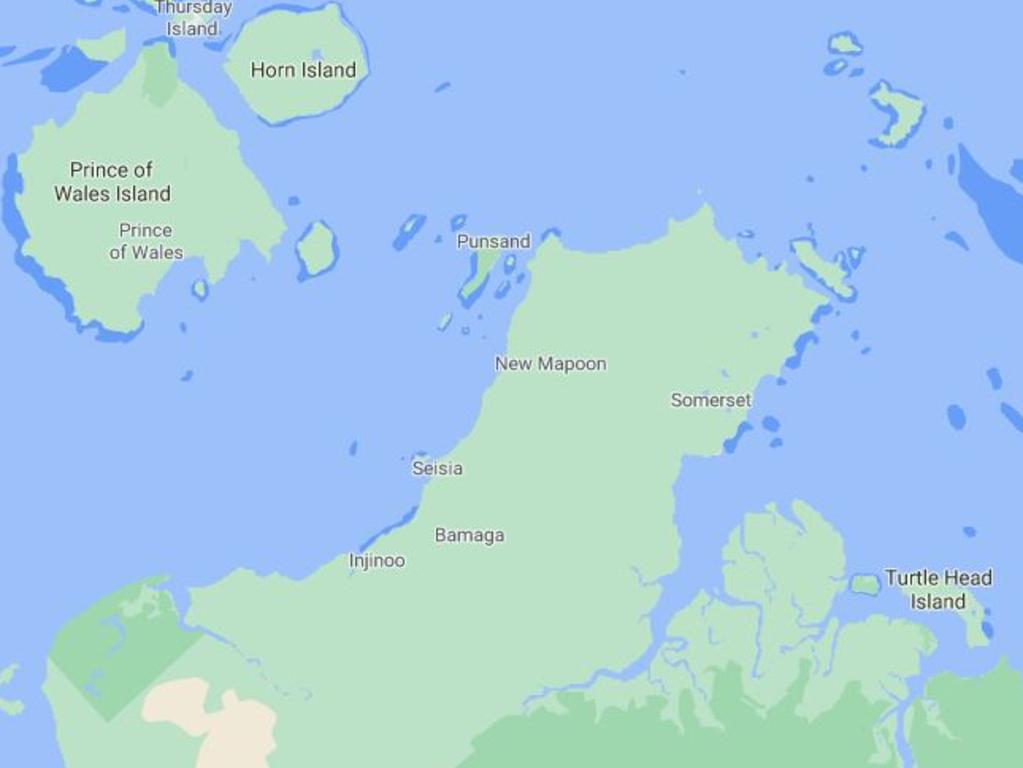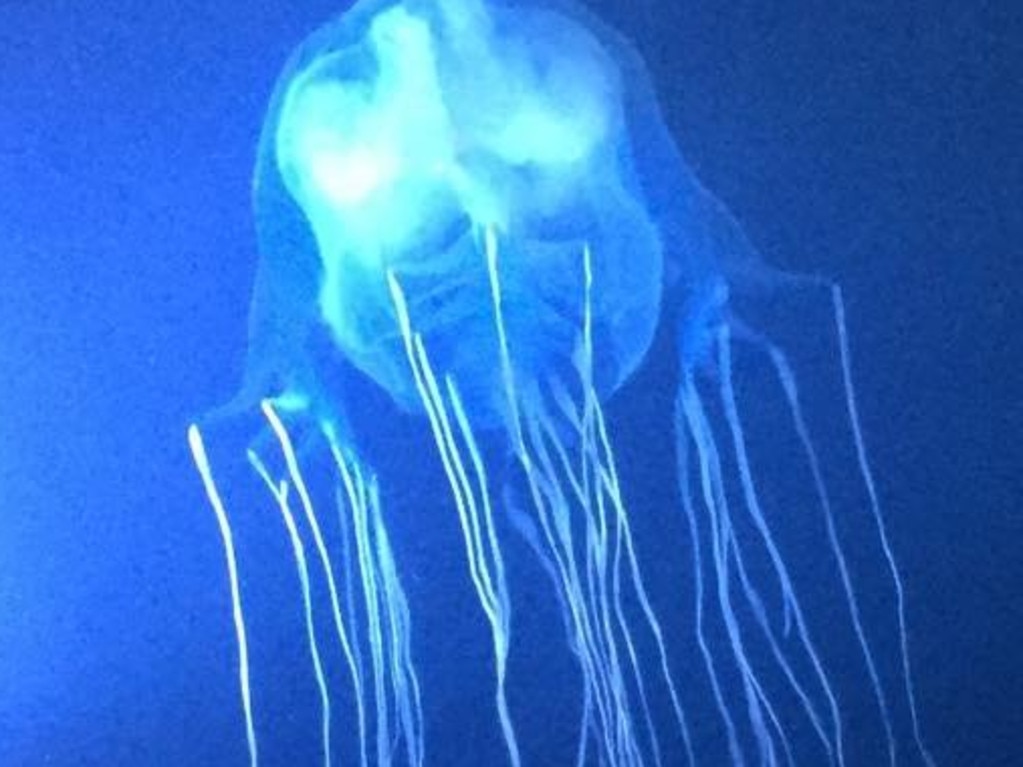Teenage boy dies three days before turning 18 after being stung by box jellyfish in far north Qld
A dire warning has been issued begging parents to keep their kids out of the water after a teenage boy died from a jellyfish sting.
A teenage boy has died three days shy of turning 18 after coming across one of the “most deadly” animals in the world in far north Queensland.
Tommy Johnson was stung by a box jellyfish on February 22 while fishing along the Cape York Peninsula, police say.
He was taken to Townsville Hospital for treatment but died on March 1.

“Police are preparing a report for the coroner following the sudden death of a 17-year-old Bamaga male,” a police spokesman said.
“It’s a non-suspicious death.”
Following the tragic death, the Northern Peninsula Area Regional Council put out a strong statement warning children to stay out of the water.
“Please advise your children not to go swimming at this time of season,” it read.
“Parents, we cannot stress enough how important it is to keep your children away from the water.
“There have been report of children swimming down at the Seisia Wharf, and we would like to remind the community it is still stinger season.”
A GoFund Me page has been set up by Tomaseena Jawai to cover “funeral logistics” and a “monument” for Tommy.

Mr Jawai wrote that Tommy was the eldest of five children to Sean and Elimau Johnson and had been selected “countless times” for Australian rules and rugby league rep sides in north Queensland.
“He was a loving and a caring big brother who will now be truly missed by his family and all of his friends,” Mr Jawai wrote.
“Because of the sudden unexpected passing of our humble boy we would like to ease the financial burden on family so that they can grieve their sudden loss.
“The funds received will go towards funeral logistics and his monument.
“As a family we would appreciate any contribution, and we just want to say thank you in advance for all the love and support we are receiving.”
Chironex fleckeri, known as a box jellyfish, is one of the deadliest animals in the world, although there is an antivenom available.

Griffith University head of marine science Kylie Pitt said people in remote areas stung by box jellyfish were at the most risk of dying because of their location.
“Chironex fleckeri is the most deadly of all jellyfish and is one of the most venomous animals in the world,” Professor Pitt told NCA NewsWire.
“An antivenom is available, which has reduced the number of people who die from stings, but severe stings in remote locations can, unfortunately, still be fatal.
“If stung, the affected area should be flushed with vinegar, basic first aid should be applied and an ambulance called.”
Queensland Health also put out a warning, reminding people of the dangers of swimming in the far north of the state following the teenager’s death.

Dr Marlow Coates, director of the Torres and Cape Hospital and Health Service, said people should take precautions in any northern waters.
“We are seeing sightings of both box jellyfish and jellyfish that cause Irukandji syndrome in our waters,’’ he said.
Dr Coates said swimmers could avoid being stung by wearing protective clothing, such as a wetsuit or Lycra suit.
“If you don’t have a protective suit and you know there could be stingers or jellyfish in the water, just don’t go in,’’ he said.
“It’s also important that people are familiar with resuscitation methods – early resuscitation after major stings from box jellies has saved lives in the past few years.’’
Chironex fleckeri were a constant threat through the warmer months on the northern Queensland coast, Queensland Health said in a statement last week.
A sting is immediately and excruciatingly painful and they have caused more than 70 fatalities in Australia.
Queensland Health warned to not use salt or water to treat the injury, as it will cause the stinging cells to discharge and worsen the sting.
People are advised to use vinegar instead and to not rub the sting or try to remove tentacles.
Read related topics:Brisbane



